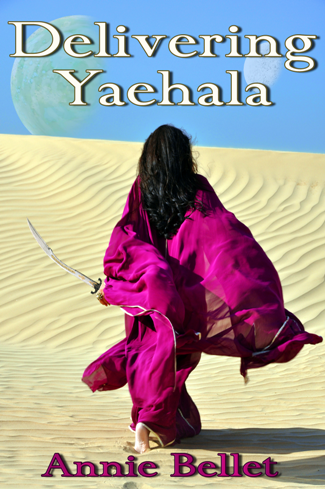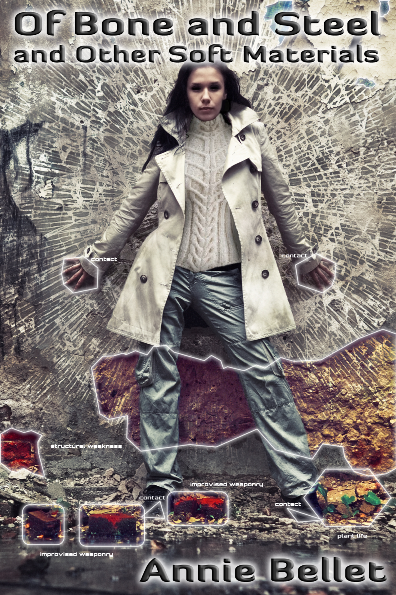I started outlining The Raven King, the sequel to A Heart in Sun & Shadow, and started thinking about fantasy novels in general and why these books are the ones I’m choosing to share with the world right now. As the title of this post hints at, Fantasy was my first love, starting way back when I was eight.
My love affair didn’t start where you might think, however. Many of the people I know got their introduction to fantasy via Tolkien, but that isn’t where mine began. It began with four women.
The first was my mother. This was probably an accident on her part, since she used to tell me all the time that the genre fiction I read would rot my brain and was popcorn for the mind. Yet she read us Mrs. Pigglewiggle, books by CS Lewis and Lloyd Alexander, and kept giving me money for whatever I wanted to buy at Powell’s each time we went (anything under four dollars, she’d say). She did her best to put literature in front of me, but she didn’t start early enough, I suppose. Now, mind you, she’s a dedicated George RR Martin fan and even read Juliet Marillier’s fantasy books on my recommendation.
Una was my teacher sixth through eighth grade, but she helped out sometimes with the fourth and fifth graders at the tiny private school I was banished to after being kicked out of the Public School system. Una encouraged me in crazy ways. She didn’t mind when I snuck fiction books inside my school books or when I wrote stories about ancient Sumer instead of research essays. She taught me Irish and introduced me to the Dewey decimal system. But the most important thing she ever did for me was tell me that it was okay to write fiction, to “make stuff up”. She gave my very young mind the permission I craved to dream, to wonder, to explore, and to live inside my head. Without her encouragement and teaching, I don’t think I’d be a writer today nor as educated or curious about the world around me.
My mother read aloud to us as kids, and between CS Lewis and Lloyd Alexander, I had a preliminary introduction to the fantastical, but it wasn’t until I started reading on my own that my love affair turned serious. When I was nine or ten, I really wanted to read something that didn’t look adult and boring, but all the books on the shelves at home were either kids books I’d read or boring looking. All except one. It had a blue cover and a woman riding a pretty horse (and I was as horse-crazy then as now). The title was The Mists of Avalon. I pulled the huge book down from the fourth shelf (the highest I could reach on the wall) and started reading. Soon I was buried in Arthurian myth. It was the most amazing book I’d ever read. When my mother next dropped me off at Powell’s, I went to the Gold Room (the F&SF section to this day) and looked up that amazing author, Marion Zimmer Bradley.
And I discovered the Sword & Sorceress anthologies. In the front were always these scathing, insightful, amazing introductions by Marion Zimmer Bradley that I would read and reread, amazed that real people wrote these stories and that writers weren’t just names on books. In the back were writer’s guidelines. MZB died before I could ever get up the courage to send in a single story, but to this day, I see those S&S books as the earth my little creative seed buried itself in. I wrote story after story, all horrible (I was 11 when I started, after all), but all trying to capture the wonder I found inside those pages. MZB and the anthologies made writing fantastical stories seem like more than a dream and lit the fire that started everything.
Then, just to toss a little oil on my love affair with Fantasy, my mother came home from a trip to Canada with a giant book for me. It, like Mists of Avalon, had a blue cover and was super thick. The woman on this cover was also riding a horse, but in full armor, fighting a couple of giant white wolves. Elizabeth Moon’s The Deed of Paksenarrion took everything I’d thought about fantasy and pushed it further, opening up an entire world for me. I fell in love with Paks and her adventures. I cried when she was tortured or when characters I loved died, I literally cheered when she triumphed over adversity, I memorized the map and the currencies and started looking into the SCA to see if I could become a knight, too, because I wanted to be just like Paks. When I was 12 and home alone, I cut my heel badly (right down to the bone). I stayed calm because I asked myself, I kid you not, “what would Paks do?” and I cleaned the wound with alcohol pads and bandaged it up until it could be stitched properly later that night when my dad got home.
The Deed of Paksenarrion made me fall in love with Fantasy even deeper because the characters were so real, so fallible but heroic in their humanity and because the world was so detailed that I felt I could almost just pack a bag and move to Brewersbridge. I started to see the possibilities within the genre, even at that young age, and started working those things into my own writing. I still re-read The Deed of Paksenarrion at least once a year and have for the last 19 years.
There are other authors, other people, other books, that influenced my long affair with the genre, but these women stick out in my mind as the main early influences. It was a long road to writing A Heart in Sun & Shadow, but I see the start of the path back there, in my youth, curled up with a giant book with a pale blue cover and a woman on horseback, a book full of sword fights and magic where flawed, interesting people chose to make heroic or destructive decisions.
That’s how a good fantasy novel will always be for me. Opening the book is like returning home to my first love, her arms open, waiting to embrace me.




